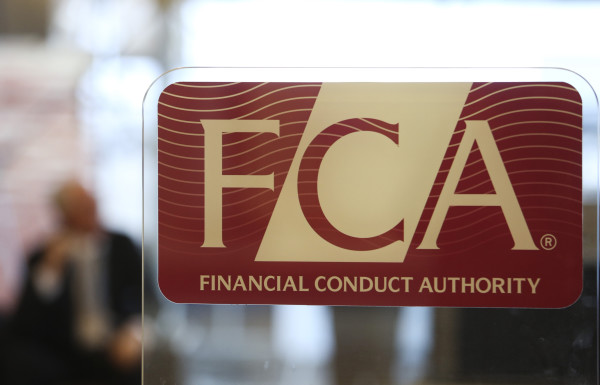

The Financial Conduct Authority has today asked the industry to respond to a range of issues — from the funding structure of the lifeboat scheme to ‘pay as you go’ advice — in a wide-reaching call for input.
In the 34-page paper, the City watchdog said the consumer investment market was not working as well as it should and that consumers were too often offered unsuitable products or advice.
It also recognised that there were aspects in the way the compensation works that could be unfair on other firms operating in the market.
As part of its plans to reconcile this, the regulator is looking into how it can better ensure the market works well for firms and consumers alike.
So, what does the FCA have under its microscope?
1 Polluter pays
Problems surrounding the funding structure of the Financial Services Compensation Scheme are nothing new, but the regulator today said it was looking to adjust the system in a bid to ensure polluting firms paid more of the bill.
The FCA said it was “only fair” and would serve to further incentivise firms to achieve good outcomes for consumers in the first place.
It offered up three possible approaches: firms involved in ‘riskier’ advice should hold more capital to avoid defaults in the first place, the same firms should take out ‘more’ or ‘different’ professional indemnity insurance; or those riskier firms simply pay more towards the FSCS.
2 Pay as you go
The regulator also raised concerns there was an “unmet need” in the market for “straight forward, one-off or focused advice”.
It said wealthier consumers with long-term needs were well-provided for, but those who may need a one-off service, and may benefit from a ‘pay as you go’ model, lacked options.
The FCA asked the industry to provide views on whether straightforward financial advice can help consumers make effective investment decisions and what barriers exist to providing simple advice models.
3 AR weaknesses
The FCA raised concerns about the effectiveness of the appointed representative/principal model in some sectors.
It said its reviews had found shortcomings and some significant weaknesses in the control and oversight of ARs by many principals, despite the fact the principal is responsible for ensuring the AR complies with FCA rules and is responsible for any breaches.
The regulator asked the industry for its views on how the AR regime was working in practice.
4 Sophisticated investor shake up
The exemptions provided to sophisticated and high net worth investors are certainly under the FCA’s microscope, with the regulator finding evidence of firms “coaching” people through the self-certifying process in order to sell their products.
This “unscrupulous” behaviour is coupled with the fact the criteria to be one of these investors was now easier to tick off with the growth of crowdfunding and peer-to-peer platforms, it said.
The definition of HNW is having an annual income of £100,000 or more, or more than £250,000 of net assets — levels unchanged for the past two decades despite the value of money declining significantly.
Although bound by government legislation, the FCA said it had a clear interest in how the exemptions were set and welcomed views on how the rules currently worked.
5 Platform responsibility
For consumers who are buying without advice — which the regulator said was a “growing number” — the FCA wanted a market where people could benefit from buying directly but with safeguards in place.
The FCA said: “This may mean placing more obligations on those who distribute products to consumers through online platforms.
“If people are buying directly through online platforms, they need clear information to help them make a decision and understand what to do if something goes wrong.”
The regulator asked for input on what protections were necessary and whether there were products which brought greater risks of harm.
6 Stubborn scams
The FCA asked the industry how people could be better protected from scams as it continued to see a rising number of investment fraud cases.
It said it was engaging with other agencies to ensure more care was taken by internet platforms, including search engines and social media sites, before adverts for financial products were accepted.
More than 1m consumers have visited the regulator's ScamSmart site since its launch and it is set to run a consumer harm campaign.
It welcomed views on the most suitable and proportionate remedies to further tackle scams and other online investment harms.
imogen.tew@ft.com
What do you think about the issues raised by this story? Email us on fa.letters@ft.com to let us know.



